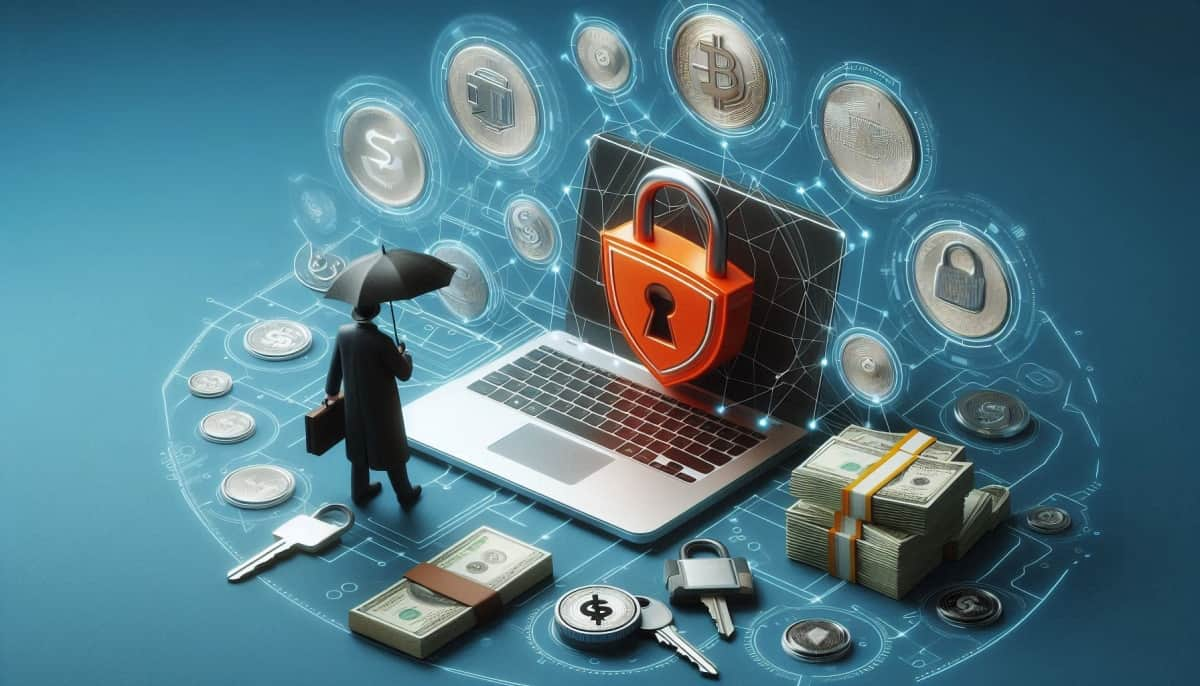BOOK THIS SPACE FOR AD
ARTICLE ADTesla has denied it was involved in illegal-map making activities in China after Beijing asserted an unnamed foreign firm working on a smart car project had done so – and even stolen state secrets – through a collaboration with a local business.
The Ministry of State Security (MSS) last Wednesday accused the unnamed firm of evading supervision and hiding its true motive, and equated it to spying.
"According to China's laws and regulations, the original data of surveying and mapping geographic information may involve high-precision measurement information such as military centers and key departments, and there is a risk that it will be used abroad to mark China's key core parts," explained the ministry. In this particular scenario, the foreign entity allegedly controlled the flow of data, and ordered it transferred overseas.
One of Tesla's China VPs, Grace Tao, took to Weibo to comment in response to the assertion.
"Compliance is the bottom line of business operations! Tesla has always believed that compliant intelligence is sustainable intelligence," wrote Tao.
Intel-owned Mobileye also made a statement, claiming it had "continuously invested in data compliance and regulatory adherence, including in China, where we operate under the supervision of licensed entities in full accordance with legal requirements."
Banhammer Republic: Trump declares national emergency, starts ball rolling to boot Huawei out of ALL US networks Tesla recalls over 1.6M electric cars in China for faulty hood lock Teardown finds Huawei's 5nm notebook processor was made in Taiwan, not China Elon Musk claims live Trump interview on X derailed by DDoSWhile Tesla and Intel are busy making sure everyone knows they aren't on Beijing's naughty list, TSMC's troubles lie with the US Department of Commerce.
Reports have emerged that the Taiwanese chipmaker is under investigation over suspicions it may have bypassed export controls to produce chips for Huawei.
TSMC reportedly issued a statement describing its export system for monitoring and ensuring compliance as "robust and comprehensive."
"If we have any reason to believe there are potential issues, we will take prompt action to ensure compliance, including conducting investigations and proactively communicating with relevant parties including customers and regulatory authorities as necessary," the chipmaker reportedly argued.
Taiwan forbids local businesses from exporting key technologies to mainland China. The US prohibits sales of advanced tech to Huawei, too.
Yet, somehow, banned products keep appearing in China – and in Huawei products.
The Reg has reached asked Huawei and TSMC for comment, and will update this story should a substantial reply materialize. ®
.png)
 1 month ago
41
1 month ago
41 














 Bengali (Bangladesh) ·
Bengali (Bangladesh) ·  English (United States) ·
English (United States) ·